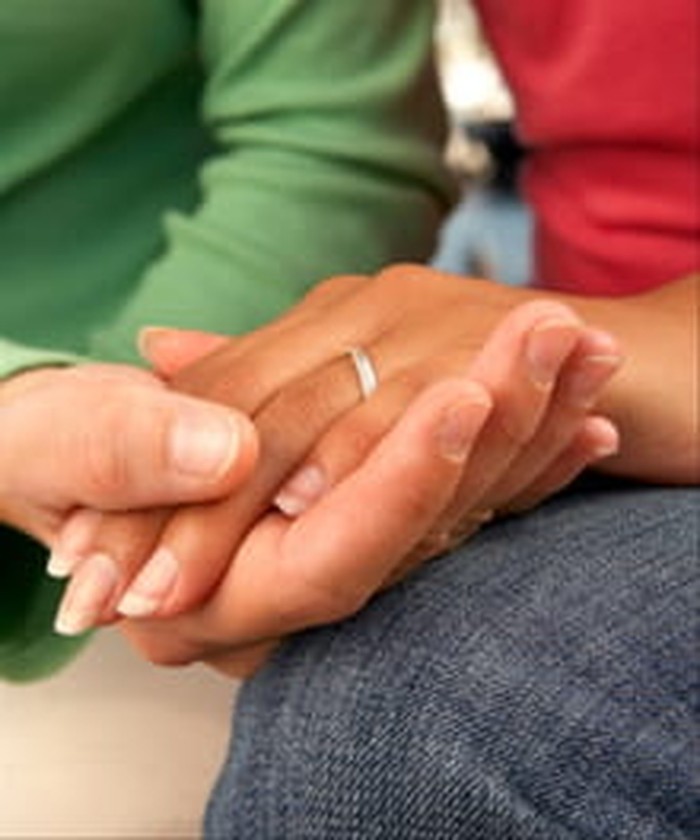A Good Society Tells the Truth About Marriage
- Randy Hicks World News Service
- Published Nov 22, 2011

(WNS)--There is always quite a bit of discussion concerning the poor. That’s particularly true in difficult economic times like we’re experiencing now. But in the discussions about how to reduce poverty in Georgia, particularly as it relates to children, one solution almost never gets mentioned.
It’s marriage and it’s a major determining factor in whether a child will live in poverty.
In Georgia, more than a third of all single parent homes are living in poverty. On the other hand, only seven percent of married two-parent homes live in poverty. Factored out, single parent homes are five times more likely to be living in poverty than married ones.
It turns out that out-of-wedlock childbearing is a huge reason for the rise in child poverty here in Georgia, according to research by our friend Robert Rector at The Heritage Foundation.
Rector points out that the number of children born to single moms has skyrocketed since the 1960s. Today, the percentage of children born out-of-wedlock in Georgia is 45 percent. As a result, there are scores of single women who don’t benefit from the additional income of the father and who face bigger challenges getting more education to increase their odds of a higher paying job.
Not surprisingly, the overwhelming majority (three quarters) of all poor families with children in Georgia are unmarried households.
The research also shows that the lower a woman’s level of education the more likely she is to give birth outside of marriage. Nearly 60 percent of all births to women with only a high school diploma are out-of-wedlock. However, the number drops dramatically to 11 percent among women with a college degree. As Rector puts it, “The women most likely to have a child without being married are those who have the least ability to support a child on their own.”
A comparison of married and single parent households with the same level of education is especially telling. At every level, whether high school dropouts or college graduates, married couples are much less likely to be living in poverty than their single parent peers. In fact, the poverty rate drops an average 79 percent among married families compared to single-parent families who have the same level of education.
These findings are just further confirmation of what social science research has shown us for years – marriage has measurable benefits to individual families and society at large.
We’ve known for a while that married people are more likely to be healthy, happy and financially prosperous than their single counterparts. Children in married households are more likely to do better in school, stay out of legal trouble and be emotionally and physically healthier than kids who aren’t. Certainly not every child from a single parent home will face these challenges, nor will a child from an intact family benefit in every way. But it’s clear that marriage makes a measurable difference.
I was recently asked by a reporter whether or not urging people to marry was imposing my values on others. I assured her that holding up a standard that is likely to improve their wellbeing is hardly an imposition; it’s what a responsible person does. And it’s what a responsible society does.
And it’s certainly not an imposition to encourage marriage when it’s something that 80 percent of adults in America will do. Most people want a good marriage, but timing matters. The order with which you choose to get married and have babies matters.
I’m not pushing for shotgun weddings or for people to marry no matter what. But I am saying that when we talk about improving lives and reducing poverty we shouldn’t ignore one of the best solutions.
A good society tells the truth about marriage. We should hold it up as a positive standard that has benefits for individuals and society.
Randy Hicks is the president of the Georgia Family Council.




















